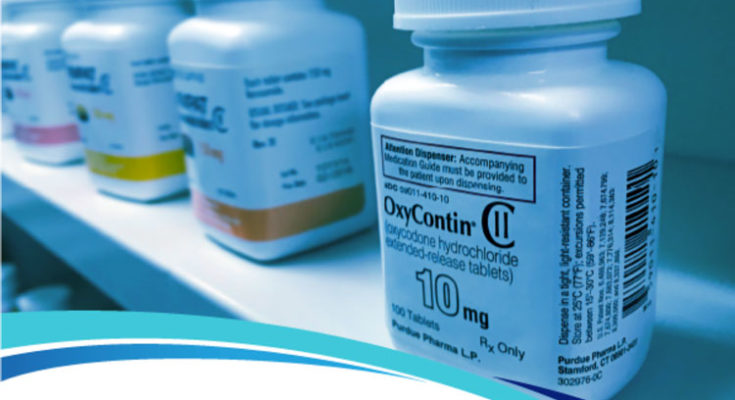Contributed Article
WASHINGTON D.C. – On Sept. 28, the House of Representatives voted unanimously to pass legislation that includes two bills introduced by Congressman Tom O’Halleran (AZ-01) earlier this year to address the opioid epidemic that has devastated communities.
“Across Arizona, and in communities across the country, families are being ravaged by opioid abuse and addiction. No person is immune to the devastating effects of these drugs,” said Rep. O’Halleran. “I drew on my experiences as a former homicide investigator and police detective to introduce common sense legislation to address this crisis, and I am pleased by the broad support these measures have received. Today, we took decisive action to curb the opioid epidemic and save lives by preventing overprescription and abuse.”

The bipartisan Rural DOCS Act was introduced by Rep. O’Halleran in April. It creates a multi-year demonstration program for up to 10 states with high overdose rates to receive enhanced Medicaid funds to strengthen provider networks across the full continuum of care, including innovative wraparound support services for Medicaid beneficiaries.
Under the demonstration, states chosen for the program would receive a 90% match rate from the federal government for activities to increase treatment capacity in their Medicaid programs. States could offer technical assistance, raise provider reimbursement rates, and build provider networks to offer innovative services like telehealth and mobile health, among other activities. Providers – including hospitals, health groups, and Federally Qualified Health Centers – could receive greater incentives for providing specialized care to unique populations including babies with neonatal abstinence syndrome, postpartum women, young adults, and tribal communities.
The bipartisan ROOT Act was introduced by Reps. O’Halleran and Diane Black (TN-06) in May. It improves provider prescribing practices by eliminating pain questions from the current patient satisfaction survey used to determine a hospital’s eligibility for bonus payments. It reduces the incentive for doctors to overprescribe pain medicine.
“There is a great deal of work to do to ensure our children and loved ones do not fall victim to this crisis, but today is a critical step in the right direction,” continued O’Halleran. “We must continue to work on bipartisan legislation that focuses on the root cause of the opioid epidemic.”









